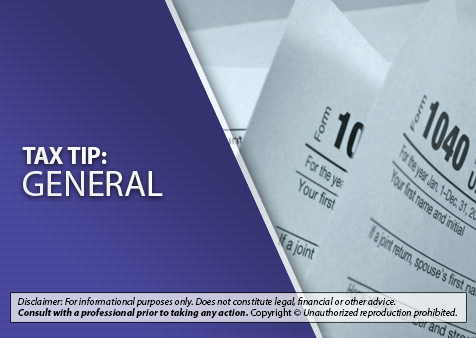For most personal or business expenses that you claim as deductions on your tax forms, the IRS requires that you preserve written documentation of each expense. Acceptable forms of written evidence include receipts, invoices, canceled checks, and credit card and bank account statements. These documents should clearly show the date, location, amount and, if possible, nature of each expense. An experienced tax pro can help you review your supporting evidence to make sure it satisfies IRS rules.
Importantly, your documents need not be originals. Photocopied, scanned or photographed receipts are okay, as long as they clearly show all the information on the original document. However, since you may be required to present your evidence on paper in the event of an audit, you should save digital files in a form that allows you to print hard copies.
In most cases, IRS rules require you to save your written documentation for three years after you file your return. However, if there is any chance that you have omitted income from your tax return that you should have reported, you must maintain your records for six years after filing.
We would like to invite you to visit our Business Facebook Page at https://www.facebook.com/RTWXxact/.



